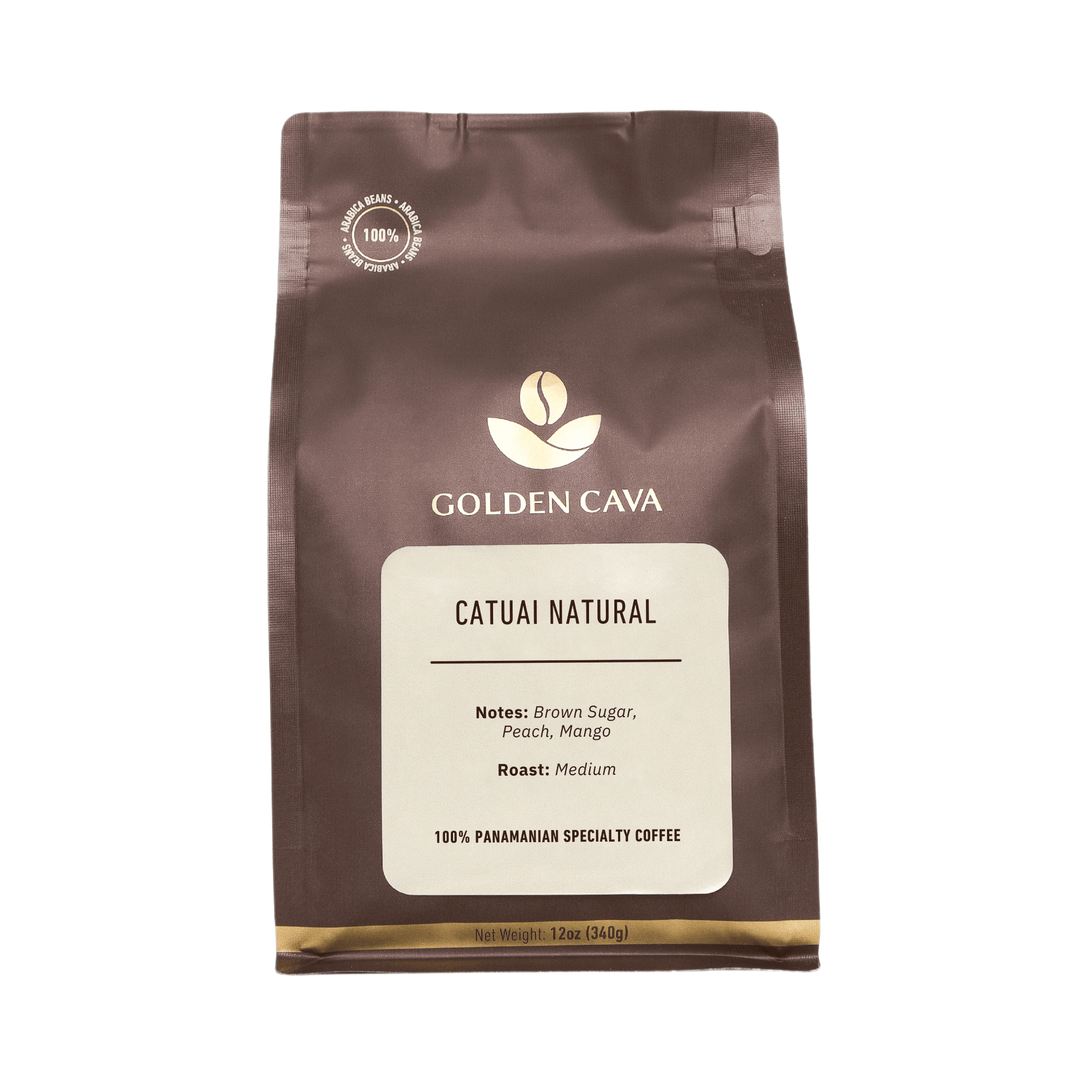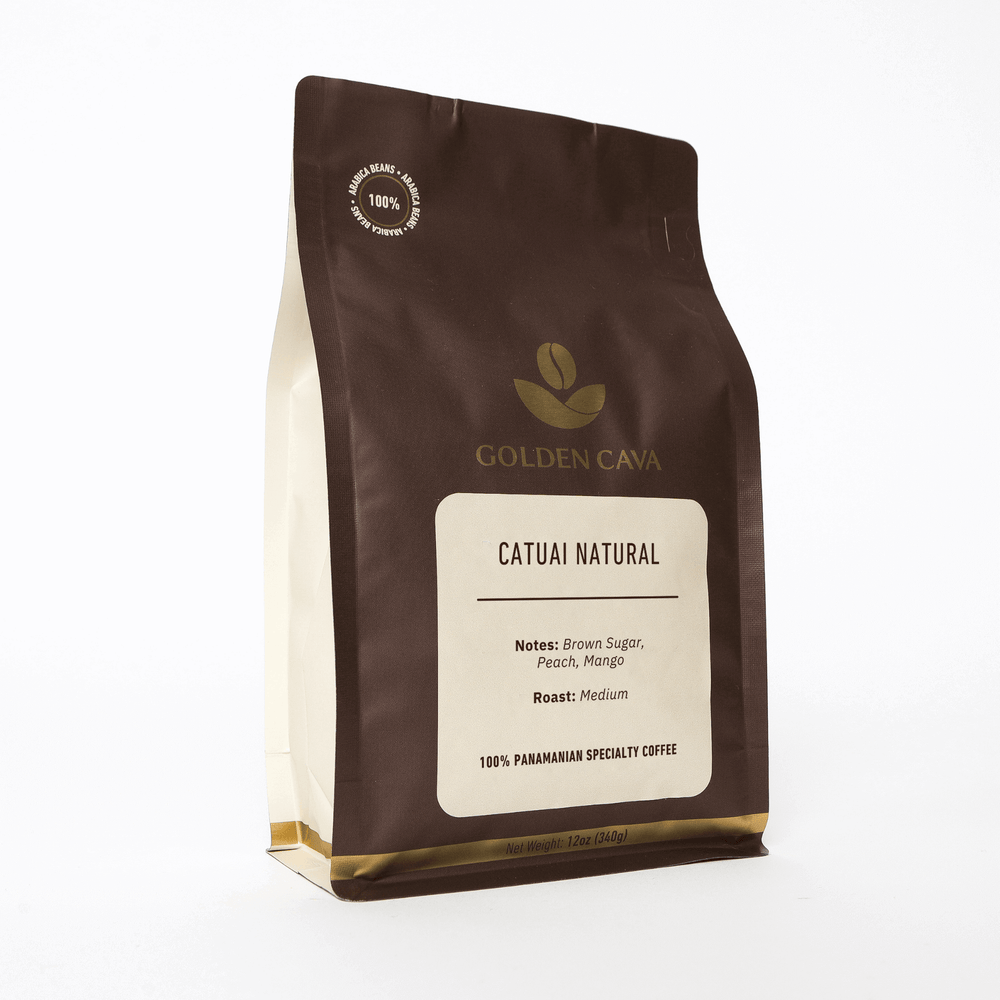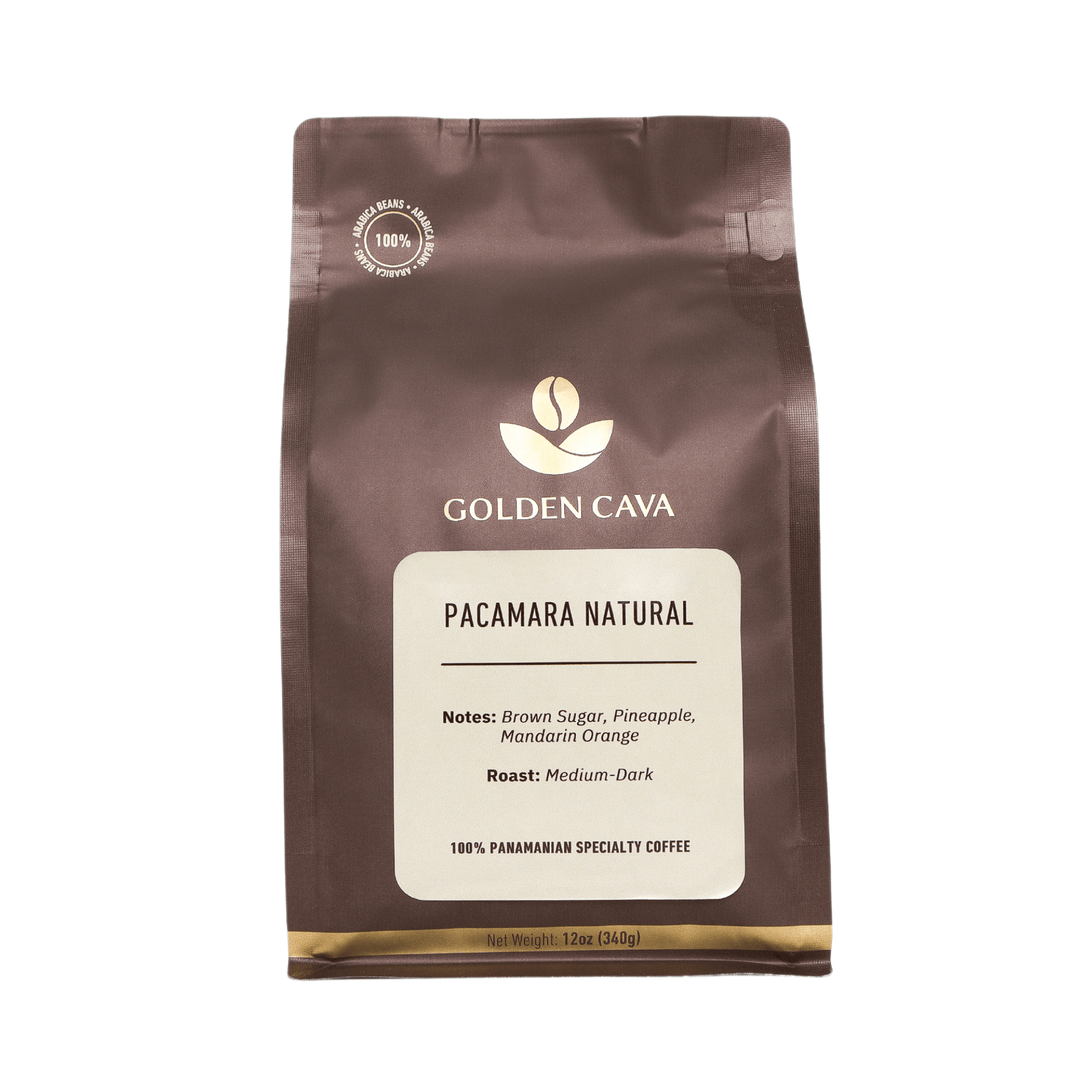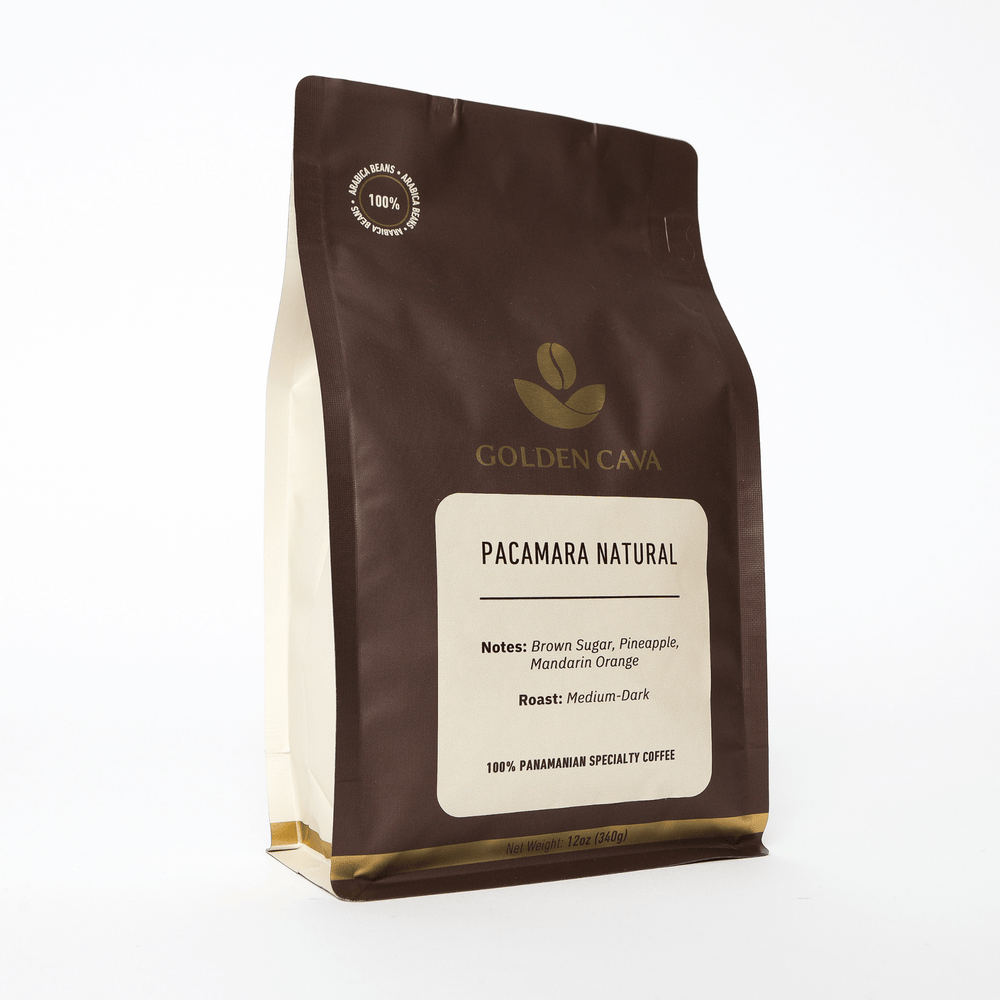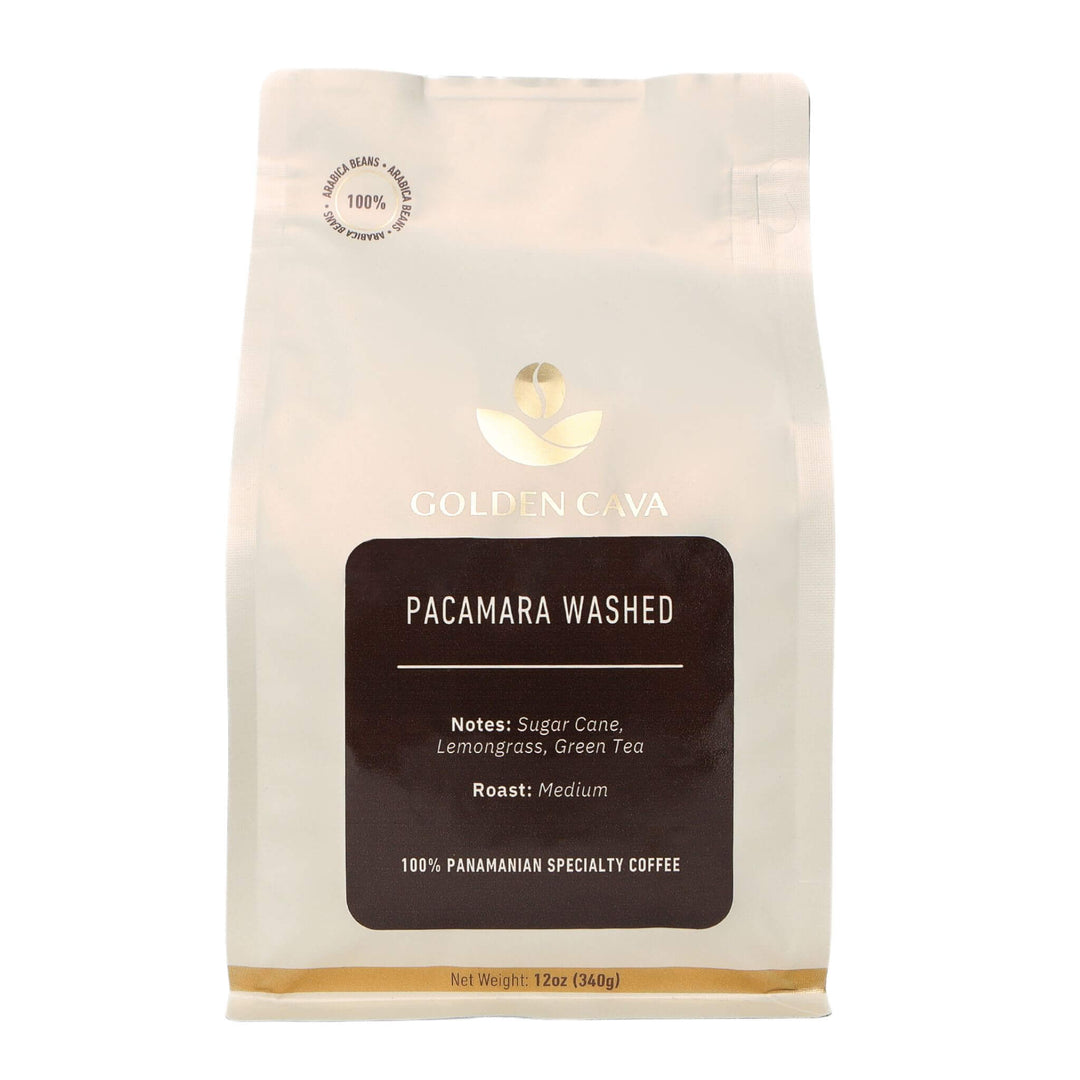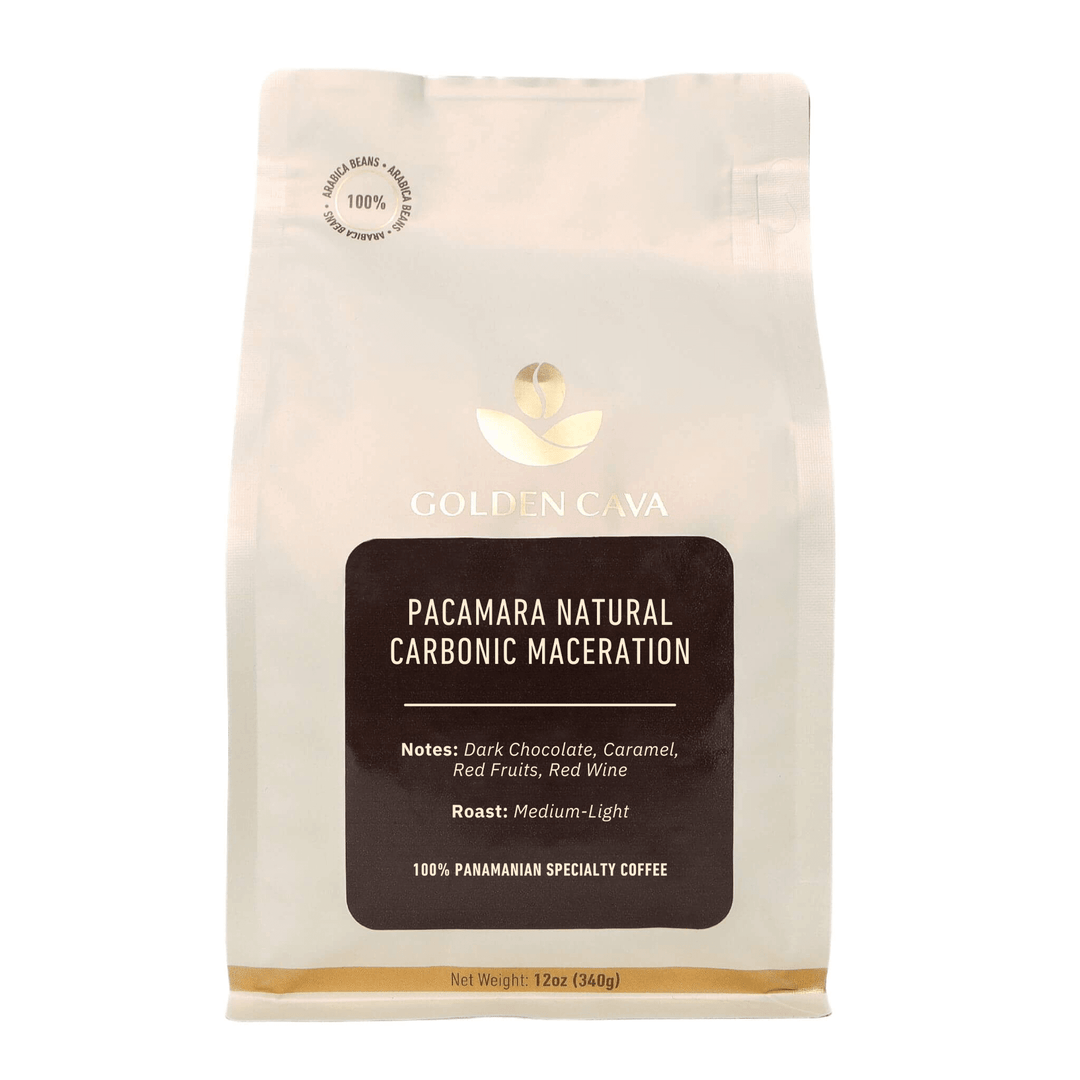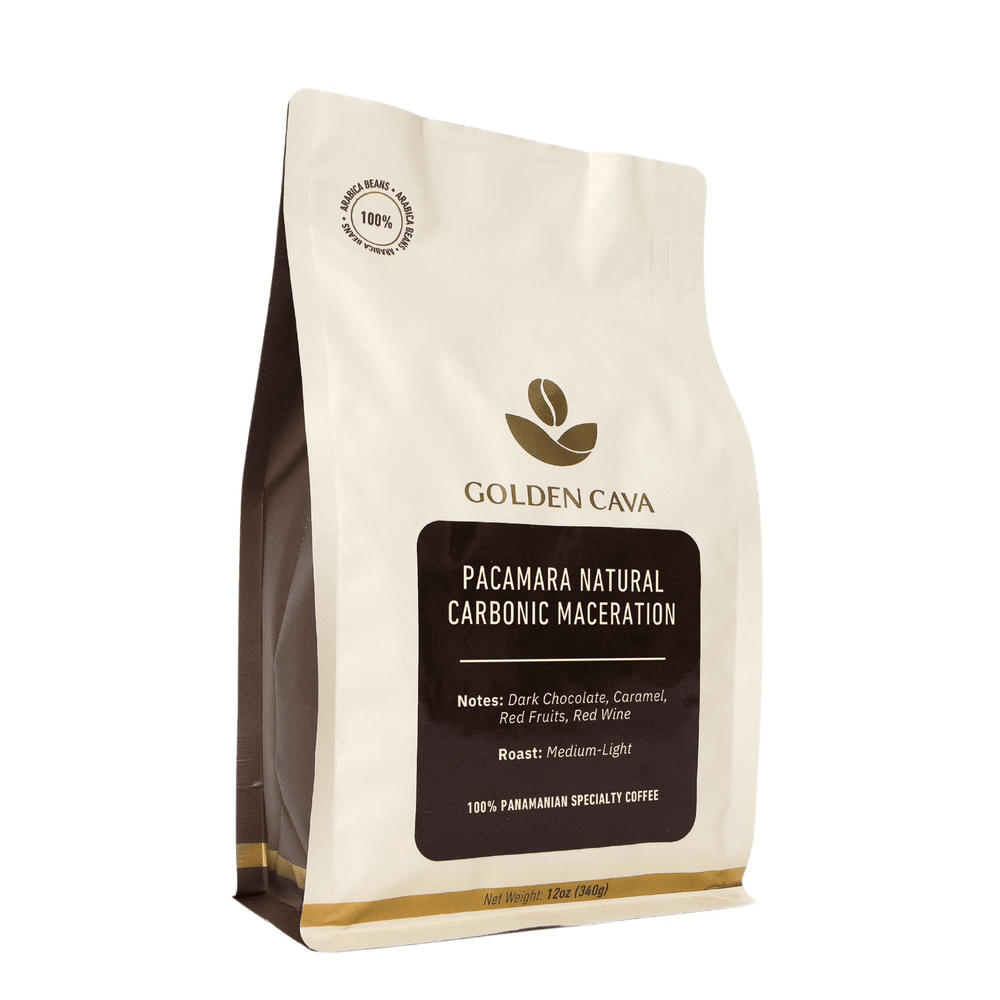Effortless Steps: How to Clean a French Press Daily
Learning how to clean a French press can seem like an unnecessary chore.
Indeed, when it's time for your morning coffee, the last thing you want is lingering grounds from yesterday’s brew spoiling your fresh cup.
Cleaning a French press isn't exactly rocket science. Yet, many people are clueless about doing it right and efficiently.
Table Of Contents:
- 1. Preparing Your French Press for Cleaning
- 2. Soaking the French Press
- 3. Scrubbing the French Press
- 4. Rinsing the French Press Clean
- 5. Drying the French Press
- FAQs in Relation to How to Clean a French Press
- Conclusion
1. Preparing Your French Press for Cleaning
Let's begin the cleaning process.
To properly clean a french press, we need to gather some essential supplies first: dish soap (liquid dish soap works best), hot water and paper towels or a soft cloth.
- Dish Soap: A mild liquid dishwashing detergent is perfect for breaking down the coffee oils left behind in your french press.
- Hot Water: Hot water helps dissolve any remaining ground coffee particles more efficiently than cold or lukewarm water would do.
- Paper Towels/Soft Cloth: These will be used during the drying process after rinsing out all of the soapy residue from our beloved java maker.
Now that you have everything ready, it's time to roll up those sleeves and start with step one - removing leftover grounds.
Firstly, discard any residual grounds into your garbage disposal - not only does this help keep things tidy but also prevents clogging when cleaning later on. Remember never pour these precious remnants directly into sink drains as they can lead to blockages over time.
Once you've disposed of most solid waste material inside your carafe using either a spoon handle or even your fingers if necessary, rinse under warm running tap until the majority of loose debris has been washed away, leaving only stubborn stains which require deeper cleaning methods.
There you go. You've successfully prepped your French Press for its daily cleansing ritual.
Ready for what comes next? Let's dive straight into soaking our trusty friend now.
2. Soaking the French Press
To begin your french press daily cleaning process, you need to fill it with warm water.
Add a few drops of liquid dish soap into the mix.
This creates soapy water that will help break down any residual oils and coffee stains clinging onto your beloved french press coffee maker.
Soaking is an effective way to loosen up stubborn grime.
Note: If you're dealing with heavy-duty stains or haven't cleaned in a while, consider using baking soda instead of dishwashing liquid for this step. It's great at tackling tough spots.
- Pour enough hot water into the glass carafe until it's about halfway full.
- Add 1-3 teaspoons (depending on how dirty your press is) of either dish soap or baking soda.
- Gently stir everything together using the plunger assembly without pushing down just yet.
Now comes patience.
Leave this mixture sitting in there for around ten minutes - letting all those suds do their magic work.
Remember: The longer you let it soak, the cleaner your french press will be.
Your goal here? A clean french press ready to make another round of deliciously rich coffee.
3. Scrubbing the French Press
Let's begin the task at hand.
After soaking your french press in warm soapy water, it's time for a deeper cleaning process.
A soft-bristled brush is going to be your best friend here.
- Gently scrub the walls of the glass carafe, focusing on areas with stubborn coffee stains or residual oils from previous brews.
- Don't forget about those pesky corners and edges where ground coffee likes to hide out.
- Rinse off any remaining soap suds as you go along - we don't want them interfering with our delicious coffee taste later on.
Moving onto the plunger assembly, make sure every nook and cranny gets some love too. This includes both sides of the french press filter which can often harbor leftover grounds or oils that could affect future brews if not properly cleaned.
Now that everything has been thoroughly scrubbed, rinse again under hot water until all dishwashing liquid traces are gone.
Next up? Rinsing this beauty till she sparkles like new.
4. Rinsing the French Press Clean
After you've given your french press a good scrub, it's time to rinse.
Rinse thoroughly with clean, warm water.
This is an essential step in ensuring that no soap residue remains which could affect the taste of your delicious coffee later on.
You'll want to pay particular attention to the plunger assembly and glass carafe during this stage of the cleaning process as they can often harbor residual oils or ground coffee particles if not properly rinsed. You can also use distilled white vinegar for a more thorough rinse every once in a while. It helps break down any stubborn coffee stains or lingering flavors from past brews.
The goal here isn't just about getting rid of soapy water but also removing remaining traces of old grounds and oils - all those things that could potentially ruin your next cuppa joe.
Tips for Effective Rinsing:
- Pour hot water into the french press slowly and carefully - remember safety first. You don't want to scald yourself while trying to quickly clean up after enjoying a rich coffee experience.
- If possible, detach each part (like the filter) before rinsing them separately; This will ensure even better results when it comes to keeping your french press daily cleaned.
- Avoid harsh chemicals like bleach; Stick with natural cleaners such as baking soda mixed with warm water or a white vinegar solution whenever you need deeper cleaning action.
Remember: A well-rinsed French Press means tastier cups ahead.
5. Drying the French Press
Once your french press has been thoroughly rinsed, it is essential to dry it off in order to prevent any potential dilution of the next batch of coffee or mold growth.
This step is crucial as any remaining water can dilute your next batch of rich coffee or cause unwanted mold growth if left unchecked.
Drying Method:
- Gently shake out excess water from the glass carafe and plunger assembly before wiping them down with a clean cloth or paper towels.
- If possible, disassemble the parts for better drying. Remember to handle each piece carefully especially if they are made of glass or other fragile materials.
- In case there's no rush in using your french press again immediately, consider air-drying all components on a dish rack after towel drying them initially - this ensures every nook and cranny gets completely dry.
Note: While most French presses are dishwasher safe, hand washing is recommended for daily cleaning process because high temperatures inside dishwashers might degrade certain parts over time such as rubber seals around filters that ensure delicious coffee without grounds escaping into brews.
FAQs in Relation to How to Clean a French Press
How are you supposed to clean a French Press?
Clean your French press by soaking it in warm, soapy water, scrubbing with a soft-bristled brush, rinsing thoroughly and drying with a clean cloth.
Do you clean a French Press every time?
Yes, for optimal taste and hygiene, it's recommended to clean the French press after each use.
Can you use vinegar to clean French Press?
Yes. A mixture of equal parts white vinegar and water can be used as an effective cleaning solution for stubborn residues.
What is the black residue in my French Press?
The black residue is likely accumulated coffee oils or grounds that have not been fully cleaned out from previous uses.
Conclusion
Mastering how to clean a French press is an art in itself.
A clean coffee french press guarantees you will experience the full flavor of your beans each time.
The process involves gathering supplies, soaking, scrubbing, rinsing and drying. It's that simple!
No more worries about lingering grounds or stale flavors marring your fresh brew.
Embark on these steps to have a clean french press every morning.
If you're passionate about brewing the perfect cup of joe at home, why not explore further?
Golden Cava, our specialty coffee e-commerce store brings together quality, freshness and sustainability for better coffee experiences.

